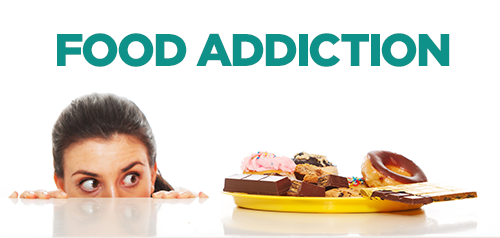
Food Addiction Treatment
Effective Therapies for Overcoming Food Addiction
Food addiction is a complex condition that can significantly affect a person’s physical health, emotional well-being, and overall quality of life. At New Hope Rehab and Caring Center Islamabad, we
